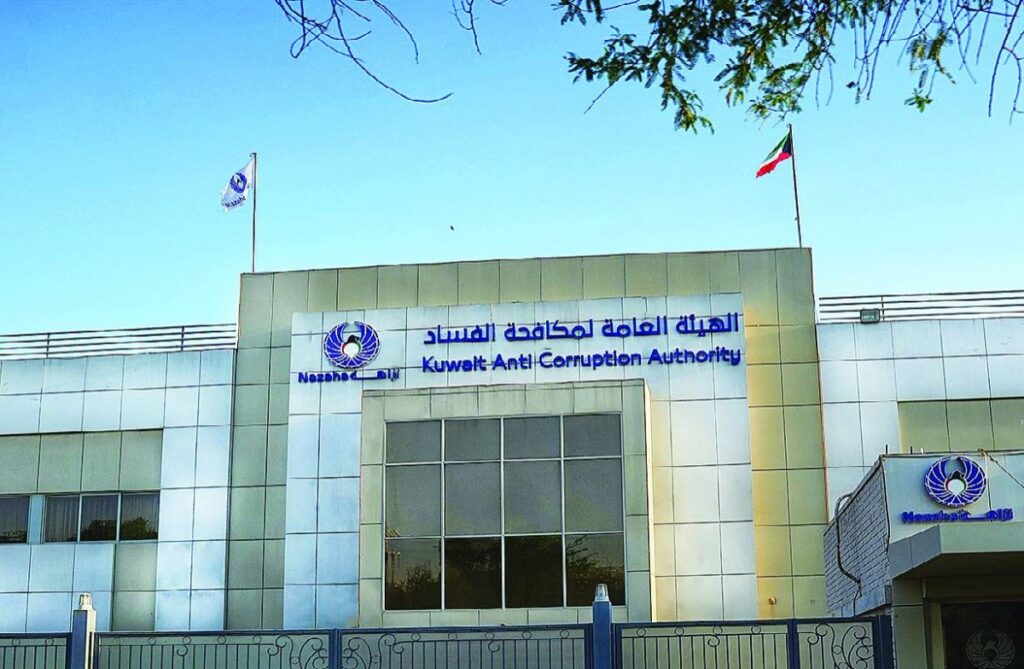KUWAIT: Government agencies across the Gulf Cooperation Council (GCC) should make anti-corruption data more accessible and improve its quality, experts said, as part of a series of recommendations aimed at enhancing integrity and transparency in the region. The Kuwait Anti-Corruption Authority (Nazaha) concluded the annual GCC Anti-Corruption Experts Committee event on Monday at its headquarters in Kuwait. The event brought together experts and representatives from integrity-promoting bodies across GCC states, including the UAE, Bahrain, Saudi Arabia, Oman, Qatar and Kuwait.
The sessions focused on the tools and methodologies used to measure corruption, the role of technology and artificial intelligence (AI), and the importance of public awareness about corruption risks.
Among the key recommendations adopted by GCC experts was the call for governments, oversight bodies, and national authorities to “make anti-corruption data more available and improve its quality in terms of accuracy, reliability and comparability.”
Experts also urged GCC countries to develop scientific frameworks for measuring corruption that balance perception and objective data, ensuring alignment with international standards. They stressed that such frameworks are necessary for producing accurate, reliable, and actionable insights into corruption trends.
Regional cooperation was another focus, with recommendations to promote collaboration among GCC states and internationally through the exchange of expertise, sharing of best practices, and capacity-building programs. Experts encouraged leveraging tools and programs developed by the United Nations and other international organizations to strengthen data collection, trend monitoring and integrity promotion efforts.
Supporting national initiatives was also emphasized, including the use of regular surveys, statistical indicators and comprehensive databases in line with international standards. The committee highlighted the importance of active participation in international conferences and forums focused on improving corruption measurement.
Technological innovation was also recommended, particularly the use of AI and other modern tools to monitor and analyze corruption patterns. Experts cautioned that such technologies must be employed responsibly, with full consideration of data protection and privacy standards. Community engagement was identified as a key element, with calls to strengthen cooperation with civil society institutions, the private sector and academia. Finally, GCC experts recommended integrating continuous monitoring and evaluation mechanisms into national anti-corruption strategies. Such measures would allow authorities to track progress, ensure sustainability, and maintain long-term effectiveness in both measuring and preventing corruption.
Nazaha described these recommendations as “a practical step toward advancing the efforts of GCC states in promoting integrity and transparency,” noting the growing international attention on corruption measurement. Recent global initiatives include the UNODC’s Statistical Framework for Measuring Corruption, UNDP’s Global Initiative to Measure Corruption, and IACA’s Global Programme on Measuring Corruption. The recommendations come ahead of the eleventh session of the Conference of the States Parties to the United Nations Convention against Corruption, set to be held in Doha, Qatar, in December 2025.

